Search
Remove Ads
Advertisement
Summary 
Loading AI-generated summary based on World History Encyclopedia articles ...
Search Results

Article
Slavery in Colonial America
Slavery in Colonial America, defined as white English settlers enslaving Africans, began in 1640 in the Jamestown Colony of Virginia but had already been embraced as policy prior to that date with the enslavement and deportation of Native...
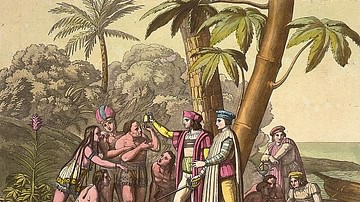
Article
Native American Enslavement in Colonial America
Slavery was practiced by the Native Americans before any Europeans arrived in the region. People of one tribe could be taken by another for a variety of reasons but, whatever the reason, it was understood that the enslaved had done something...

Video
RUNNING A THOUSAND MILES FOR FREEDOM by Ellen Craft; William Craft ~ Full Audiobook ~ Slavery
Get your own copy of "RUNNING A THOUSAND MILES FOR FREEDOM" - https://amzn.to/3w7zf0d Order books easily home to your mailbox - https://amzn.to/3ocFyNh Running a Thousand Miles for Freedom by Ellen Craft; William Craft ~ Full Audiobook...
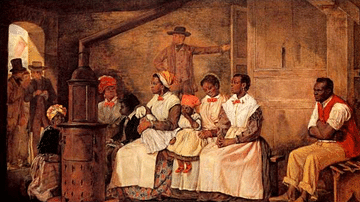
Article
Virginia Slave Laws and Development of Colonial American Slavery
Racialized chattel slavery developed in the English colonies of North America between 1640-1660 and was fully institutionalized by 1700. Although slavery was practiced in the New England and Middle colonies, and Massachusetts Bay Colony passed...
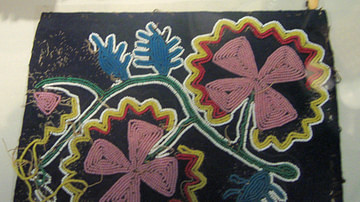
Article
The Nûñnĕ′hĭ and Other Spirit Folk
The Nûñnĕ′hĭ are the Cherokee "spirit people", similar to the fairy as sometimes depicted in European medieval folklore, and The Nûñnĕ′hĭ and Other Spirit Folk is a collection of anecdotes about them compiled by American ethnographer James...

Article
The Jolly Roger & Other Pirate Flags
The Jolly Roger with its white skull and crossbones set against a black background has become a rather jovial part of pirate folklore but, in its day, this flag and others with similar blood-curdling designs, had a single and terrifying purpose...
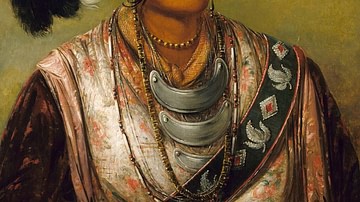
Article
A Seminole Creation Story & Other Tales
The Seminole are a Native American nation of people descended from the Muscogee Creek nation, and others, who migrated to the modern-day State of Florida in the 1700s fleeing wars in the north. They were later joined by runaway slaves known...
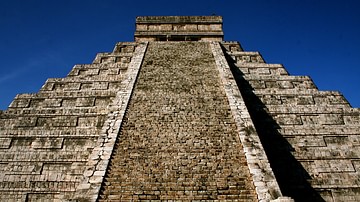
Article
The Maya Calendar and the End of the World: Why the one does not substantiate the other
The Popol Vuh recounts the story of twins who journeyed to Xibalba. For the Maya, their round of adventures serves as a metaphor for timeless, repeating cycles and for the regeneration of earth and all living things. – Gene S. Stuart, Mayanist...

Video
Ancient Egypt and other Empires // Why did Ancient Egypt never conquer other empires?
Ever wondered why Ancient Egypt did not extend far beyond its borders? Why did the Ancient Egyptian Empire not conquer other empires, even during their strongest period? During the New Kingdom of Ancient Egypt, the Egyptians still did not...

Article
Slavery in Plantation Agriculture
The first plantations in the Americas of sugar cane, cocoa, tobacco, and cotton were maintained and harvested by African slaves controlled by European masters. When African slavery was largely abolished in the mid-1800s, the center of plantation...